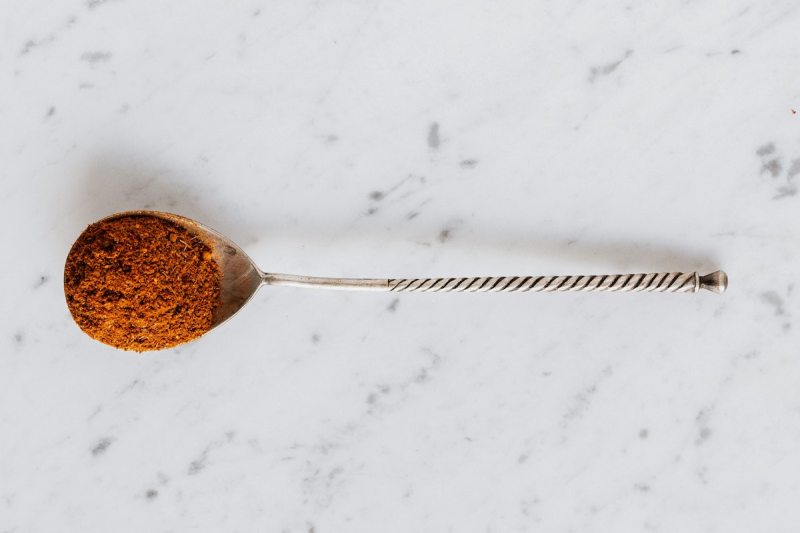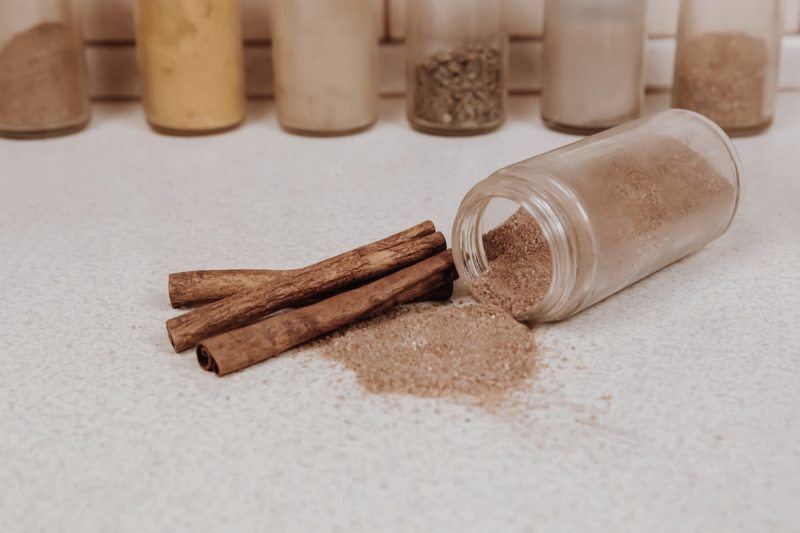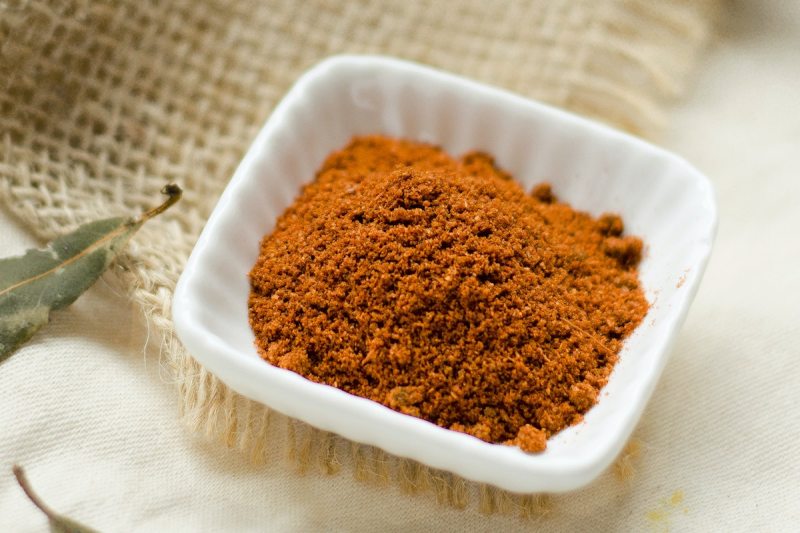
Unfortunately, the foods that are really good for you are not often considered the most delicious. On the other hand, the foods that we consider to be the tastiest are often loaded with sugar and fat. While very few people would argue against the fact that broccoli has a preferable nutritional profile compared to Oreo cookies, there are still foods out there that taste great and provide many perks. There are numerous benefits of cinnamon, for example.
Fortunately, there are plenty of delicious foods that are packed with health benefits, including spices and seasonings like garlic, cayenne pepper, and cinnamon. We often think of cinnamon as simply a flavorful accent to sweets like apple pie, spice cookies, and oatmeal, but cinnamon does more than just bring a scrumptious taste and aroma to your food. Keep reading to learn about the benefits of cinnamon.

What is cinnamon?
Cinnamon is a culinary spice made from the inner bark of cinnamon trees. After the cinnamon trees are cut down, the inner bark is harvested by stripping off the outer bark. The inner bark is then dried. As it dries, the bark curls into “cinnamon sticks,” which are rolls of the inner bark. Cinnamon sticks are used to flavor things like tea and mulled cider and then removed before eating. Ground cinnamon is made by crushing and grinding the cinnamon sticks.
Types of cinnamon
There are two primary types of cinnamon: cassia cinnamon and Ceylon cinnamon. Most cinnamon on grocery store shelves is cassia, but Ceylon is known as true cinnamon, and it has a lighter and milder taste but far more health and medicinal benefits. In fact, high doses of cassia cinnamon can actually be toxic because it contains coumarin. If you have a bleeding disorder, you should consult your physician before consuming cinnamon in excess. Moreover, to take advantage of the benefits of cinnamon, use Ceylon cinnamon.

What does cinnamon do for your body?
Cinnamon boasts a rich array of properties that underpin its numerous health benefits. Comprising a medley of compounds, including cinnamaldehyde, cinnamate, cinnamic acid, and a variety of essential oils, cinnamon evolves with age, deepening in color and intensifying in potency.
The precise mechanism by which cinnamon confers its health benefits remains largely unknown. Although the exact processes and interactions responsible for these outcomes have not yet been fully determined, research indicates that these compounds have a variety of effects on the nervous system as well as anti-inflammatory and cardio-protective properties.

Health benefits of cinnamon
Here is a list of all the health benefits of cinnamon and why you should work it into your diet.
Cinnamon can help regulate blood sugar
Cinnamon may help regulate blood sugar because cinnamon may enhance insulin sensitivity, stabilizing glucose levels, which is crucial for overall health since balanced blood sugar levels can reduce the risk of diabetes. Studies have found that cinnamon can reduce fasting blood sugar levels in those with insulin resistance or type 2 diabetes. Cinnamon also seems to improve insulin sensitivity, which can make it an ideal spice to add to your diet if you have pre-diabetes.
Cinnamon is antimicrobial
Cinnamon has been used for centuries in traditional medicinal treatments due to its antimicrobial properties. For example, cinnamon is effective against E. Coli and salmonella, both of which can cause GI illnesses.
Cinnamon can aid in weight loss
The effects of cinnamon on various metabolic processes may contribute to weight loss. A number of studies have demonstrated that it may improve insulin sensitivity, reduce inflammation, and increase glucose utilization, thereby improving weight loss and fat loss.
In a systematic review and meta-analysis of randomized controlled trials, cinnamon supplementation significantly reduced body weight, body mass index, waist circumference, and fat mass in adults, with greater effects observed in individuals under 50 years old and who had a baseline body mass index of ≥30 kg/m2. Therefore, cinnamon supplementation may be recommended as a weight-reduction supplement.
Cinnamon can improve gut health
By reducing inflammation and promoting the growth of beneficial gut bacteria, cinnamon can support gut health. Cinnamon nourishes the beneficial bacteria in the gut by providing a source of prebiotic fiber, the preferred fuel source of these helpful microbes. In this way, cinnamon can reduce bloating, indigestion, and gas.
Cinnamon supports oral health
The antimicrobial properties of cinnamon may help prevent dental problems such as cavities and gum disease since it prevents the growth of bacteria. Studies have found that cinnamon kills odor- and disease-causing bacteria in the mouth, helping prevent bad breath, plaque buildup, gingivitis, and gum disease.

Cinnamon can reduce cholesterol levels
High cholesterol is linked to heart disease, stroke, and diabetes, but one benefit of cinnamon is that it can lower LDL cholesterol (the “bad” one) while simultaneously increasing HDL cholesterol (the “good” cholesterol). Cinnamon can also reduce levels of blood triglycerides.
Cinnamon can reduce inflammation
Cinnamon is packed with antioxidants and polyphenols, so it acts as an effective anti-inflammatory in the body. As chronic inflammation can lead to diseases such as cardiovascular disease, metabolic syndrome, certain cancers, and obesity, a diet high in anti-inflammatory foods can reduce your risk of disease.
Cinnamon can support brain health
Cinnamon contains compounds, such as cinnamaldehyde and epicatechin, which have been shown to help prevent cognitive decline, dementia, Parkinson’s disease, and Alzheimer’s disease by inhibiting the growth of a protein known as tau.
Cinnamon can reduce the risk of many diseases
From heart disease and diabetes to polycystic ovarian syndrome and colon cancers, research has demonstrated that cinnamon can help reduce the risk of numerous diseases. Again, these health benefits of cinnamon mainly pertain to Ceylon cinnamon rather than regular cassia cinnamon.

Does cinnamon reduce belly fat?
Yes, as previously mentioned, cinnamon can aid in weight loss and can be particularly beneficial for targeting belly fat reduction in several ways. It has been shown to increase insulin sensitivity, leading to better blood sugar control and a decreased tendency for the body to store excess energy as fat. Furthermore, its anti-inflammatory properties can help mitigate chronic inflammation that’s associated with obesity. This inflammation is thought to be associated with belly fat accumulation. It is possible to lose stubborn belly fat by incorporating cinnamon into a balanced diet and a regular exercise routine.
Wondering how to add cinnamon to your diet? Buy some Ceylon cinnamon and add it to things like oatmeal, smoothies, sweet potatoes, yogurt, cottage cheese, baked fruit, and more. Cinnamon also works well on root vegetables, tubers, and pumpkin. For example, try cinnamon on acorn squash, butternut squash, parsnips, stewed carrots, and delicata squash.



